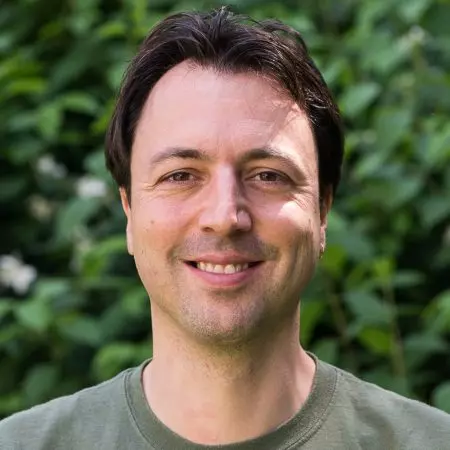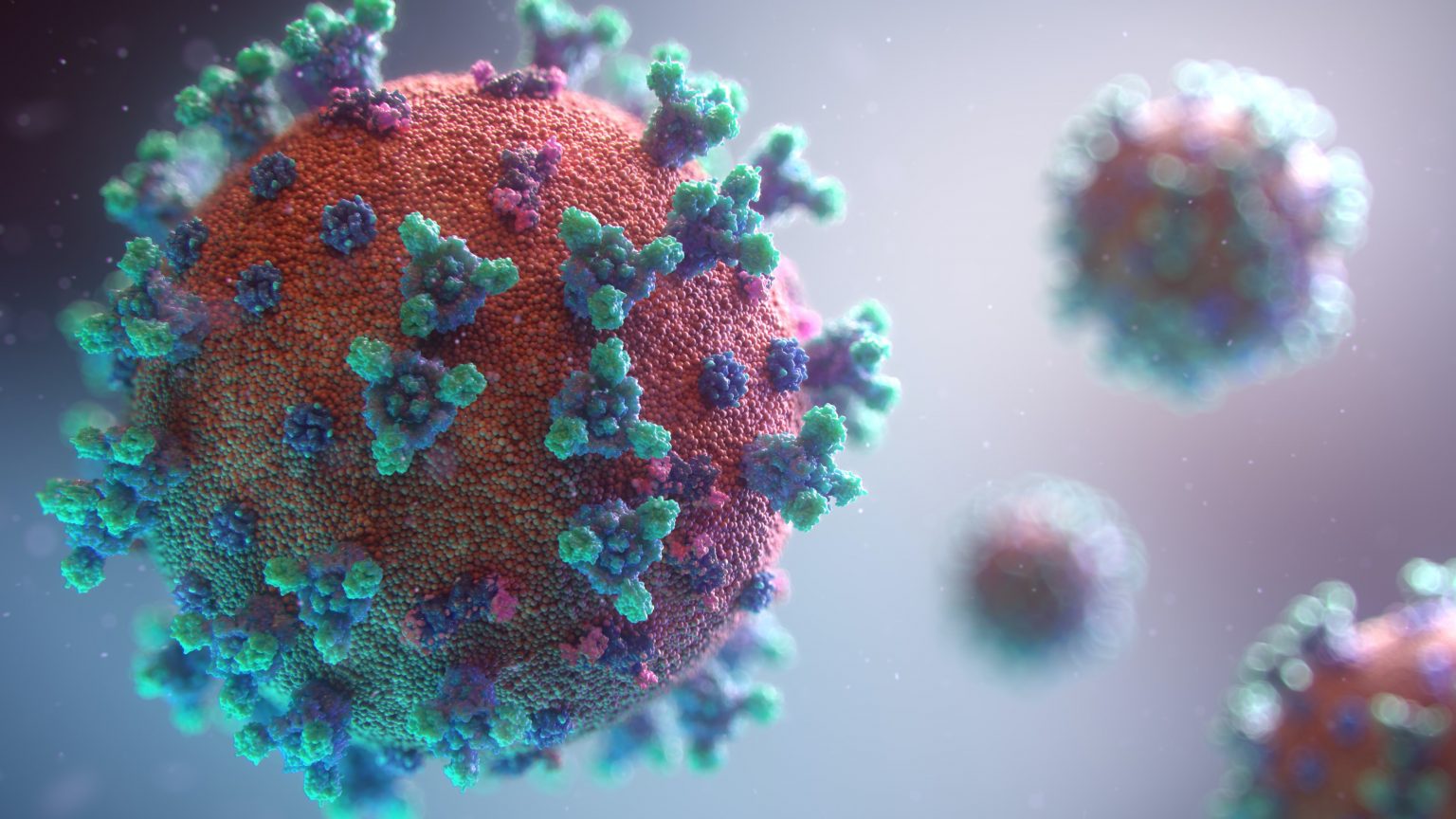
Prof. Dr. Frank Noé
RESEARCH GROUP LEAD:
“AI FOR THE SCIENCES”
| 2019, 2020, 2021 | ISI Highly Cited Researcher (Web of Science) |
| 2019 | Simons Fellow at the Institute of Pure and Applied Mathematics (IPAM) |
| 2019 | Early-Career Award in Theoretical Chemistry of the Americal Chemical Society (ACS) |
| 2018 – 2020 | ERC consolidator grant (awarded 2017) |
| 2013 -2017 | ERC starting grant (awarded 2012) |
- Machine Learning in the Sciences: Development of deep learning architectures and algorithms toaddress fundamental problems in statistical mechanics, quantum mechanics and theoretical chemistry.
- Method development and simulation in chemical physics and theoretical chemistry: Protein moleculardynamics (especially long-timescale simulation), particle-based reaction dynamics for cellular signaling,multiscale modeling between atomistic and cellular scale, integration of simulation and experimentaldata.
- Scientific software development for the open-source dissemination of our methods: Dissemination ofresearch in community-usable software, modular software design, Open source software in Python, C,C++, Java
- Berlin-Brandenburg Academy of Sciences and Humanities
- Fellow, European Laboratory for Learning and Intelligent Systems (ELLIS)
- Editor, Machine Learning: Science and Technology (IOPscience)
- Editorial Advisory Board, Journal of Chemical Theory and Computation (ACS)
- Member: American Physical Society, American Chemical Society, Biophysical Society.
Katarina Elez, Tim Hempel, Jonathan H. Shrimp, Nicole Moor, Lluís Raich, Cheila Rocha, Robin Winter, Tuan Le, Stefan Pöhlmann, Markus Hoffmann, Matthew D. Hall & Frank Noé
Simulations and active learning enable efficient identification of an experimentally-validated broad coronavirus inhibitor
Gian Marcello Andolina, Paolo Andrea Erdman, Frank Noé, Jukka Pekola, Marco Schirò
Dicke superradiant heat current enhancement in circuit quantum electrodynamics
Leon Klein, Frank Noé
Transferable Boltzmann Generators
Nicholas E. Charron, Felix Musil, Andrea Guljas, Yaoyi Chen, Klara Bonneau, Aldo S. Pasos-Trejo, Jacopo Venturin, Daria Gusew, Iryna Zaporozhets, Andreas Krämer, Clark Templeton, Atharva Kelkar, Aleksander E. P. Durumeric, Simon Olsson, Adrià Pérez, Maciej Majewski, Brooke E. Husic, Ankit Patel, Gianni De Fabritiis, Frank Noé, Cecilia Clementi
Navigating protein landscapes with a machine-learned transferable coarse-grained model
Paolo Andrea Erdman, Frank Noé
Identifying optimal cycles in quantum thermal machines with reinforcement-learning

Using Machine Learning in the fight against COVID-19
BIFOLD Fellow Prof. Dr. Frank Noé identified a potential drug candidate for the therapy of COVID-19. Among other methods, they used deep learning models and molecular dynamics simulations in order to identify the drug Otamixaban as a potential inhibitor of the human target enzyme which is required by SARS-CoV-2 in order to enter into lung cells. According to their findings, Otamixaban works in synergy with other drugs such as Camostat and Nafamostat and may present an effective early treatment option for COVID-19. Their work was now published in Chemical Science.
Researchers at FU Berlin solve Schroedingers equation with new deep learning method
BIFOLD Principal Investigator Prof. Dr. Frank Noé and Senior Researcher Dr. Jan Hermann of the Artificial Intelligence for the Sciences group at Freie Universität Berlin developed a new, exceptionally accurate and efficient method to solve the electronic Schroedinger equation. Their approach could have a significant impact on the future of quantum chemistry.
BIFOLD researchers are among the most cited worldwide
BIFOLD Co-Director Prof. Dr. Klaus-Robert Müller and Principal Investigators Prof. Dr. Giuseppe Caire and Prof. Dr. Frank Noé are featured in the 2020 Highly Cited Researchers™ list, either Cross-Field or in the Computer Sciences.
An overview of the current state of research in BIFOLD
Since the official announcement of the Berlin Institute for the Foundations of Learning and Data in January 2020, BIFOLD researchers achieved a wide array of advancements in the domains of Machine Learning and Big Data Management as well as in a variety of application areas by developing new Systems and creating impactfull publications. The following summary provides an overview of recent research activities and successes.

